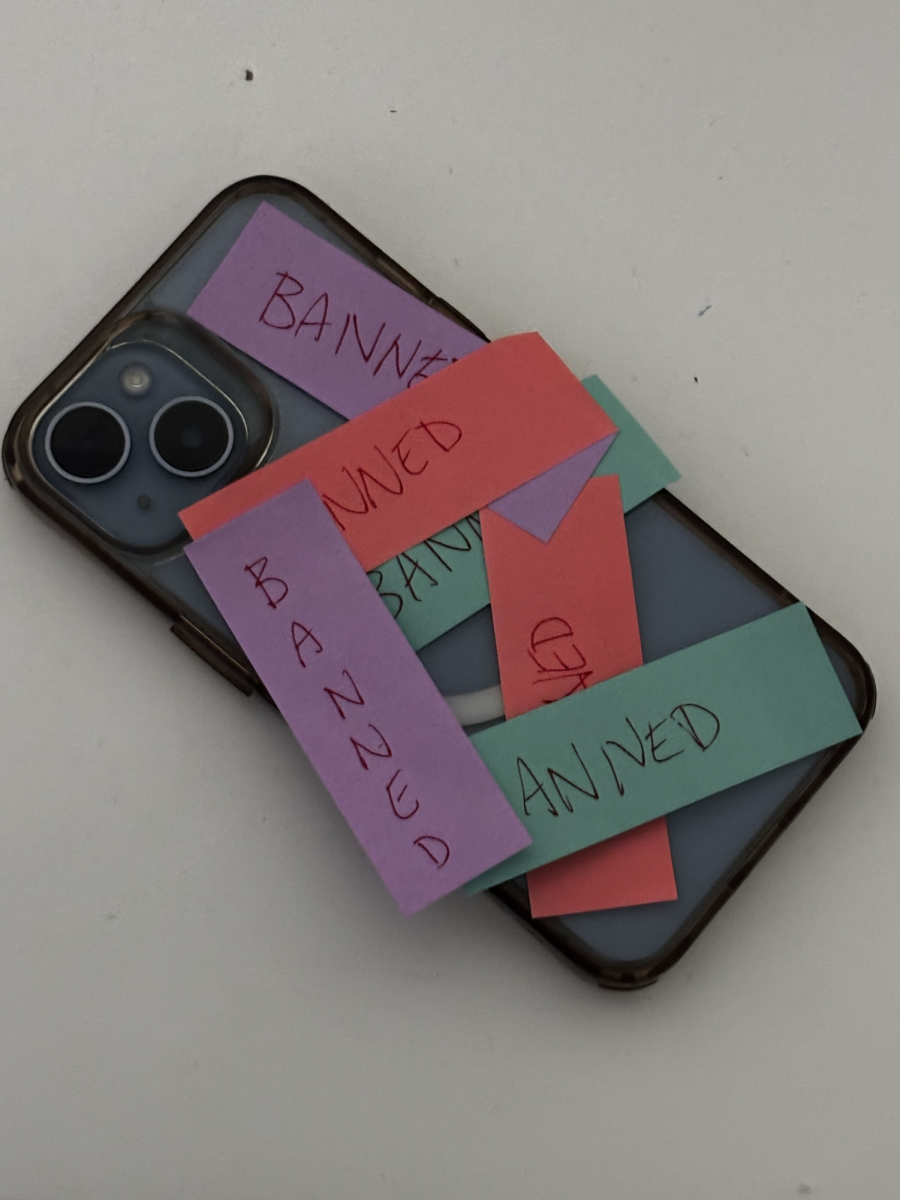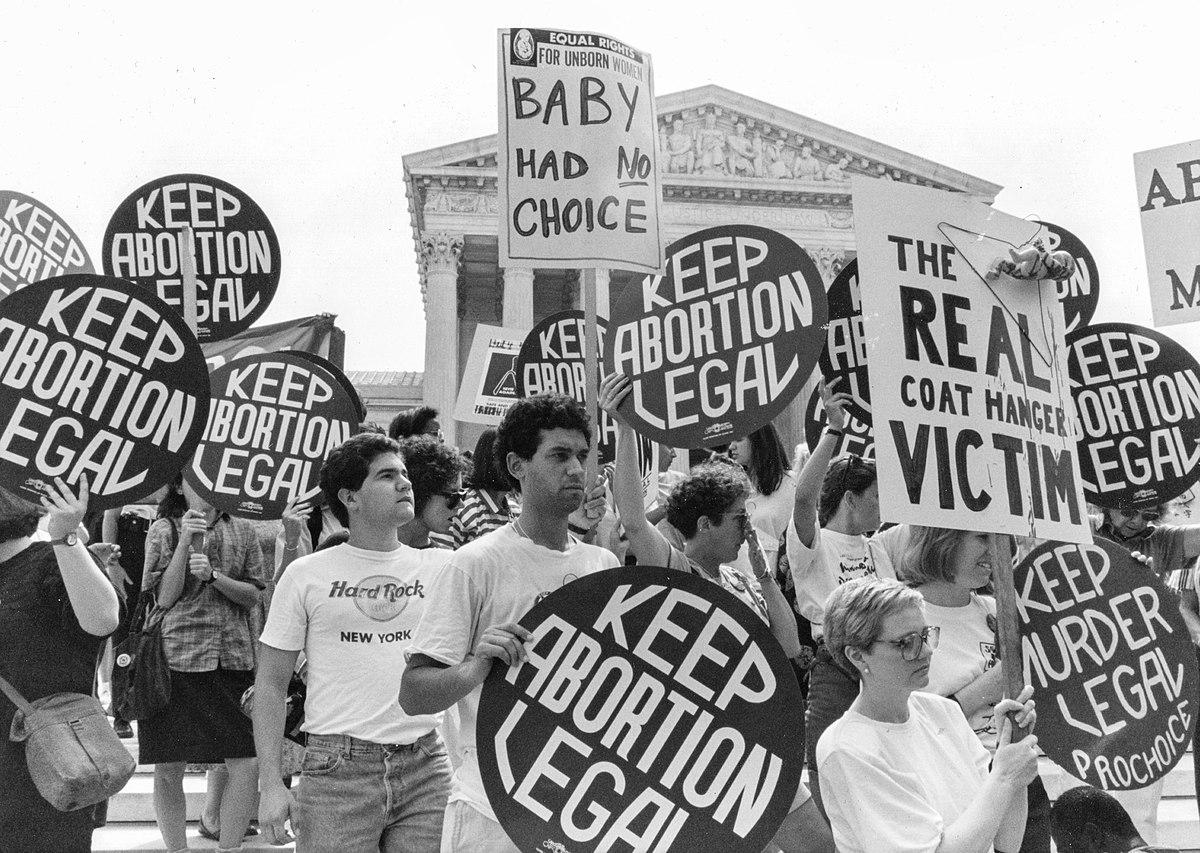On May 2nd, Politico published what appears to be an authentic draft decision written by Supreme Court Justice Samuel Alito, which would overturn the 1973 decision of Roe v. Wade. The leaked decision of Dobbs v. Jackson Women’s Health Organization concerns the constitutionality of a 2018 Mississippi law that bans abortions after 15 weeks of pregnancy except in the case of medical emergencies or fetal abnormalities. To uphold Mississippi’s law, the Court must determine if the law is consistent with the current abortion precedent set by Roe v. Wade. While the decision is not final, the leaked Supreme Court ruling shows six of the nine supreme court justices ruling that Roe v. Wade was unconstitutional. Roe v. Wade established a constitutional right to abortion in America and, if this were overturned, it would reshape women’s reproductive rights across the country. By ruling Roe v. Wade unconstitutional, each state government would get to vote on abortion regulations.
With this said, not every state will be fair when making laws regarding abortion. 13 states are lined up to make abortions illegal when Roe is gone, with Kentucky, Louisiana, and South Dakota’s legislation taking effect immediately. The ban will occur soon after in Arkansas, Mississippi, Missouri, North Dakota, Oklahoma, Utah, and Wyoming. In Idaho, Tennessee, and Texas, the restrictions will be enacted after about a month.
On the other hand, 15 states will pass laws to protect abortion rights. Every woman should have the right to an abortion, but there are still regulations that need to be put into place. Thankfully, nearly nine out of ten abortions are performed during the first 12 weeks of pregnancy. However, the 10% that don’t fall within the 12-week range are startling. Safe, legal abortions have to come with fair regulations like limiting abortions to 12 weeks except in the case of a medical emergency or fetal abnormalities.
With 15 states supporting abortion safety and legality, there is a likely chance that women will travel out of state to get a safe, legal abortion. Not surprisingly, however, the women without the means to do so are the women that don’t have the means to raise a baby. Not having the means to raise a baby would place the mother and her child in poverty, strengthening the gap between the rich and the poor. Making abortion illegal would result in unforeseen consequences.
The six Supreme Court justices said to vote for overturning Roe v. Wade are Christian conservatives. These pro-lifers argue that abortion is murder. They say that life begins at conception, so unborn babies are human beings with a right to life. On the contrary, pro-choicers state that personhood begins after a fetus becomes “viable” (able to survive outside the womb) or after birth, not at conception, since embryos and fetuses are not independent. The debate about whether an embryo is life is controversial. However, whether women should have the right to make their own decisions about their bodies isn’t. In the words of former President, Bill Clinton, abortions should be “safe, legal, and rare.” In states that make abortion illegal with no window, there should at least be exceptions for victims of rape and incest.
However, even the embryos of victims could develop into a child suitable for happily awaiting parents ready to adopt. While the morals behind abortion are different for every person, religious morals, that a “life is a life,” should not be enforced on others. Religion should not deprive women of the right to make choices for their bodies. Granted, those who do not personally support abortion should not be forced to perform an abortion (as a surgeon) or have their taxpayer dollars help fund it.
Rather than fighting abortions, the focus should be on preventing unwanted pregnancies in the first place: making abortions rare. Sex education should become more common as early as middle school. Let’s face it. Very few people wait to have sex until marriage, making unwanted pregnancies a recurring issue. With free contraceptives, birth control, and Plan B, the need for abortion would significantly decrease. A study at Washington University reports that providing free birth control to women substantially reduces unplanned pregnancies and cuts abortion rates by a range of 62 to 78 percent compared to the national rate. Planned Parenthood provides free to low-cost birth control, male and female condoms, and even Plan B if you have health insurance or Medicaid. Moreover, Plan B or other morning-after pills are over-the-counter and can be found at most local pharmacies. With Plan B being the last resort before an abortion, it is still only 75-89% effective if you take it within three days after unprotected sex. However, if more young adults know about the efficacy and availability of preventing pregnancies, the need for abortions would decrease.
While women’s reproductive rights are a fundamental issue, there is no need to be overly scared of the Supreme Court overturning Roe v. Wade. Overturning Roe would mean that the Supreme Court wrongly decided the precedent instead of Congress. The federal government, in other words, should not make decisions about women’s reproductive rights. Furthermore, if each state acquires the right to make abortion laws, the argument for “safe, legal, and rare” abortions should play a significant role. To push that agenda, voters need to choose representatives supporting women’s abortion rights while promoting humane regulations. So use your voice for good and advocate for safe, legal, and rare abortions.

































